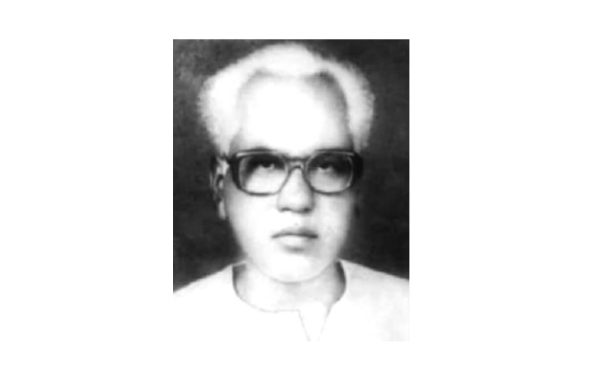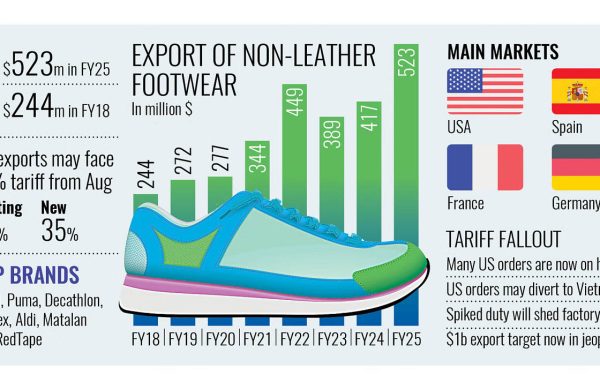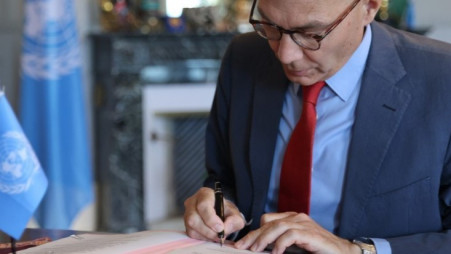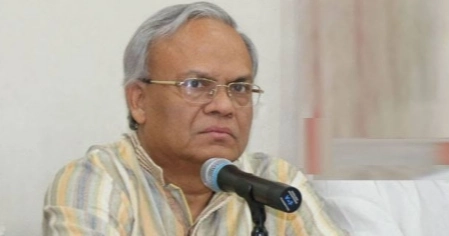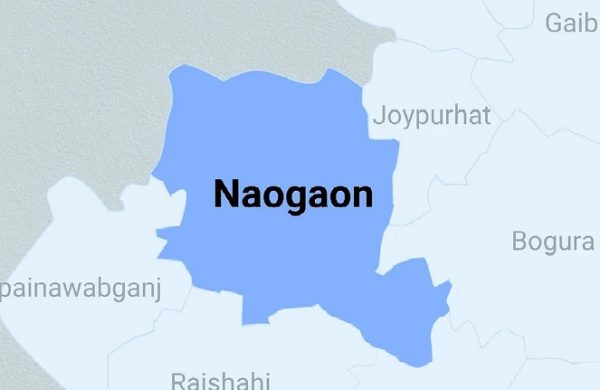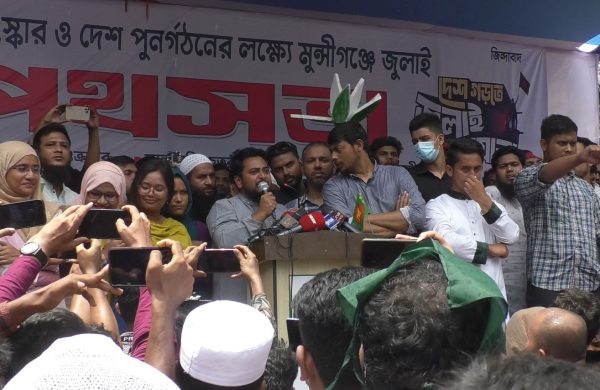How Bangladesh repaid $1.5bn in foreign debts sans tapping into reserves
- Update Time : Sunday, October 20, 2024
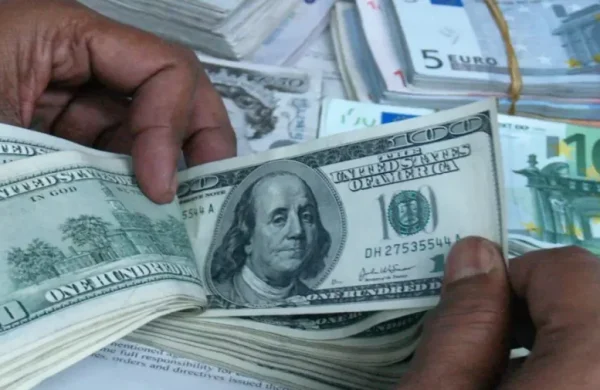
Goal is to eliminate debt within the next two months, says Dr Ahsan H Mansur
TDS Desk:
Despite the cash crunch in the country’s banks, Bangladesh is no longer facing a dollar shortage. By curbing money laundering and reducing corruption, the supply of dollars in the interbank market has increased significantly.
This improvement has allowed Bangladesh Bank to repay $1.5 billion in foreign dues over the past two months without dipping into its reserves, sourcing the dollars from the interbank market instead.
Bangladesh Bank Governor Dr Ahsan H Mansur explained that while banks previously struggled with a dollar shortage, most now have a surplus of dollars. Though cash remains scarce, the supply of dollars is stable.
Expatriates primarily send remittances in dollars to banks, and export earnings are also deposited there first. Dollars accumulate in the banks, which then open Letters of Credit (LC) or sell the dollars to Bangladesh Bank when needed. The central bank purchases these dollars and adds them to its reserves.
Dr Mansur further clarified that while Bangladesh Bank routinely buys and sells dollars from commercial banks, it has not sold any from its reserves recently.
HE PROVIDED AN EXAMPLE OF HOW THE DEBT REPAYMENTS WERE HANDLED:
Islamic Bank had excess dollars due to a surge in remittances but lacked sufficient cash. Bangladesh Bank instructed Sonali and Rupali Banks to exchange cash for Islamic Bank’s dollars to settle fertilizer-related debts. In the past, reserves would have been used to provide dollars to these banks, but that was not necessary in the last two months.
The governor also mentioned that during the previous governor’s tenure, a dollar shortage led to the accumulation of more than $2.25 billion in debts to foreign companies such as Adani, KAFCO, Chevron, and BPC.
In the last two months, much of this debt has been repaid through the interbank market, with only $400 million still outstanding, which is expected to be cleared soon, again without tapping into the reserves.
According to Dr Mansur, the improved supply of dollars in the interbank market is due to efforts to control money laundering and reduce corruption.
He also pointed out that there is less interest in holding dollars now, as the local currency is currently offering higher interest rates. Inflation is starting to ease, and the uncertainty surrounding imports of essential goods like oil, gas, and fertilizer is gradually decreasing.
The governor expressed optimism that once all outstanding debts are cleared by December, the economy will be on a more positive trajectory.
He urged patience, advising that now is not the time to focus on investment and growth.
Bangladesh relies heavily on imports for petroleum products, including oil, gas, and coal. Last fiscal year, the country spent around $9 billion on these imports, and its dependency on imported electricity and fertilizers is increasing.
Dr Mansur emphasized that the government has already reduced its unpaid dollar debt from $2.5 billion to $400 million.
“Substantial payments have been made for fertilizer, electricity, and to companies like Adani and Chevron. Our goal is to eliminate this debt within the next two months, which will boost liquidity in the market,” he said.
The governor said after these obligations are settled, the financial strain on the economy will ease, allowing overall activity to pick up.
Additionally, the government is preparing to secure an additional $10 billion in loans from various international agencies.
Dr Mansur said that if Bangladesh can obtain an additional $2 to $3 billion from the IMF and $2 billion from the World Bank, economic activities will further accelerate.


